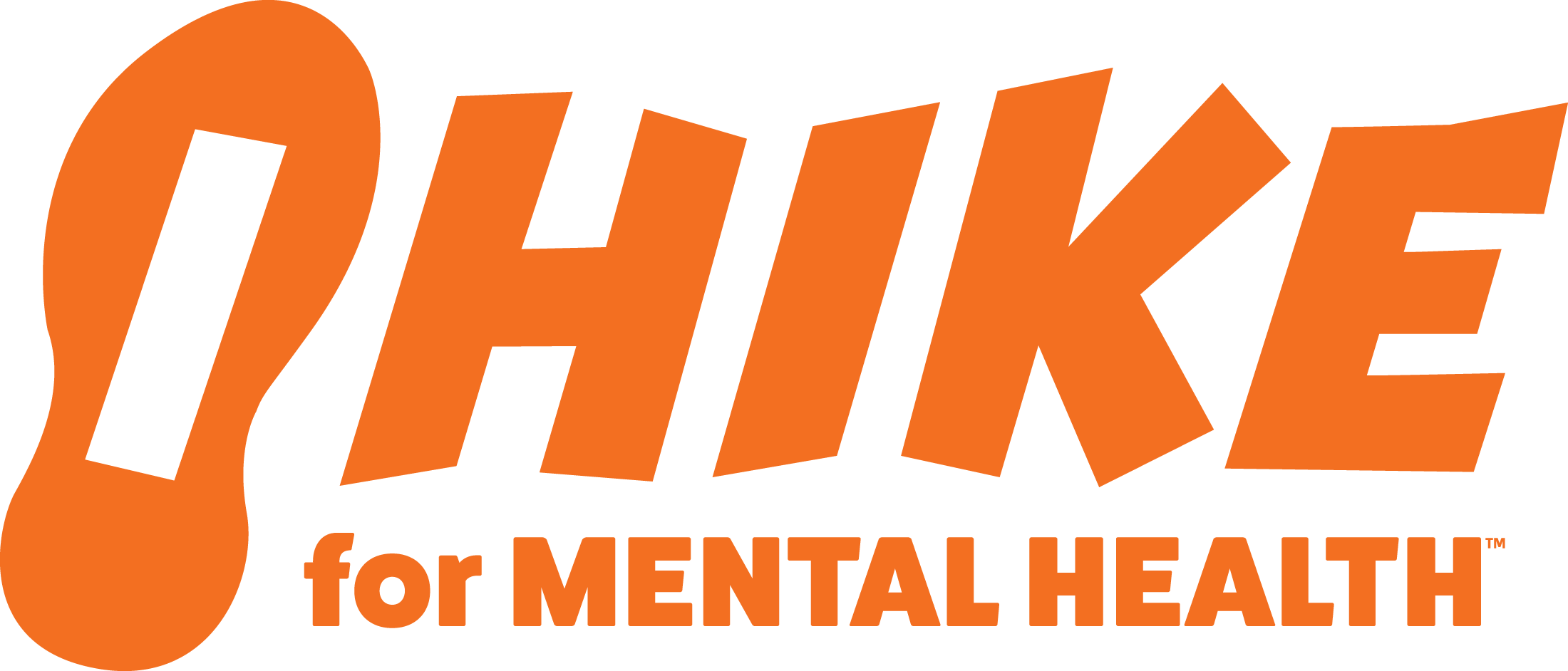Hiking gave me my life back
A SUMMARY OF THE RESEARCH AND MY STORY
Mental health, defined by the World Health Organization, is a “state of well-being in which the individual realizes his or her own abilities, can cope with the normal stresses of life, can work productively and fruitfully, and is able to make a contribution to his or her own community.”(1)
Reviewing this agenda, hiking seems to join all these points in a single activity. Consider each part of WHO’s definition:
“a state of well-being in which the individual realizes his or her own abilities…
The sense of accomplishment, the increase in self-confidence, that comes from adventure and perseverance – whether it be on the hike itself, or in the life pursuits that require continued tolerance of frustration and the ability to focus, both limited resources that can be replenished by excursions on trail.
… can cope with the normal stresses of life…
Nature exposure expedites the physiological recovery from stress. People who spend more time in nature are less likely to be adversely affected by a crisis. Walking helps you think more clearly and creatively. Optic flow calms the mind and supports emotional healing by enabling productive processing of trauma and adversity.
… can work productively and fruitfully…
Walking in nature restores attention, slows cognitive decline, and increases creative output. It supports perseverance in the face of challenges and reduces mental fatigue. As exercise, it boosts optimism and self-esteem, both of which psychologically equip you to effectively overcome obstacles and pursue goals.
… and is able to make a contribution to his or her own community.”
Exercising makes us more sociable, more loving and more loved, and promotes sharing – the basis of community and contribution.
The topics presented in these articles are an introduction to a vast expanse of scientific research that goes back decades and continues to evolve today. The concepts I’ve touched upon in these articles are by no means comprehensive. Hiking undeniably supports mental health. The scientific evidence underlines this. So has my own experience.
My story
I am a long-distance hiker and lover of science. I studied the human mind – its evolution, its biology, its anthropology, its philosophy – during my time as an undergraduate at Stanford University. My path after graduation was interrupted by a decline to severe mental illness, the product of genetic pre-disposition and compounded trauma. In my 20s, I spent a cumulative of 10 months in residential treatment; 9 months in partial hospitalization programs; and 12 months in intensive outpatient programs. Over time, I lost hope. I was barely able to work part-time and relied on government assistance to support myself. On nine different occasions, I was admitted to a psychiatric hospital for suicidal planning and severe depression. Eventually, I couldn’t work at all. I had become gravely disabled.
After losing my job to my disability, I decided to hike the Pacific Crest Trail. I was desperate. It was a last-ditch effort to recover. It worked. I emerged from my five months on trail with a renewed spirit, a clearer mind, and most of all, a different mindset. I had come to know myself as someone with tenacity and unwavering determination. And so, I kept going. Directly after the PCT, I spent four months hiking the length of New Zealand on the Te Araroa (TA) trail.
My day-to-day on trail became a metaphor for my life. Witnessing myself pressing on through pain and trail obstacles – the icy mountain passes, the painful ligament damage in my feet, the bears, the bouts of unrelenting cold and wet weather – gave me the courage to face my life. Over 9 months of hiking, I climbed many mountains. The tallest were the mountains I climbed within myself. I walked thousands of miles. Every stride was a decisive step towards my full, meaningful life.
It has been over a year and a half since I completed the PCT and TA and I have maintained the fervor of my momentum. I have not stopped pressing forward. I am happy, hopeful, confident. I believe in myself. I wake up every morning in giddy disbelief that I get to live my life. I have big goals that I religiously work towards every day. I now work full time. And no one would guess that I have ever been anyone but the normal, clear-headed, passionate person I am today. I hike for a few hours twice a week; to me, this is how I ensure that I continue to thrive.
Hiking gave me my life back, and then some. While I can’t claim that everyone will experience such dramatic improvements, I hope that my story – and the articles I’ve written – will give someone out there hope.
References
(1) “Mental health: strengthening our response.” World Health Organization. 30 March 2018. [https://bit.ly/3z0RzJV]

Thank you for sharing your story. I’m so glad to know that hiking has been so beneficial for you. I hope you continue to do well. I have thoroughly enjoyed reading your posts.
i trained 2 yrs walking over 1100 miles in the process.. i had all of my gear i was ready to go hike the pct and trump and his actions ruined that chance… the next year it was covid… i quit hiking ..but im thinking its time to get back to walking agian i’ll be 59 in a month i dont know if i’ll ever hike the pct but there plenty of other trails hiking/walking is a great way to clear the head
Thank you for the gift of your wisdom and experience, what a pleasure to read your story! Hike on…